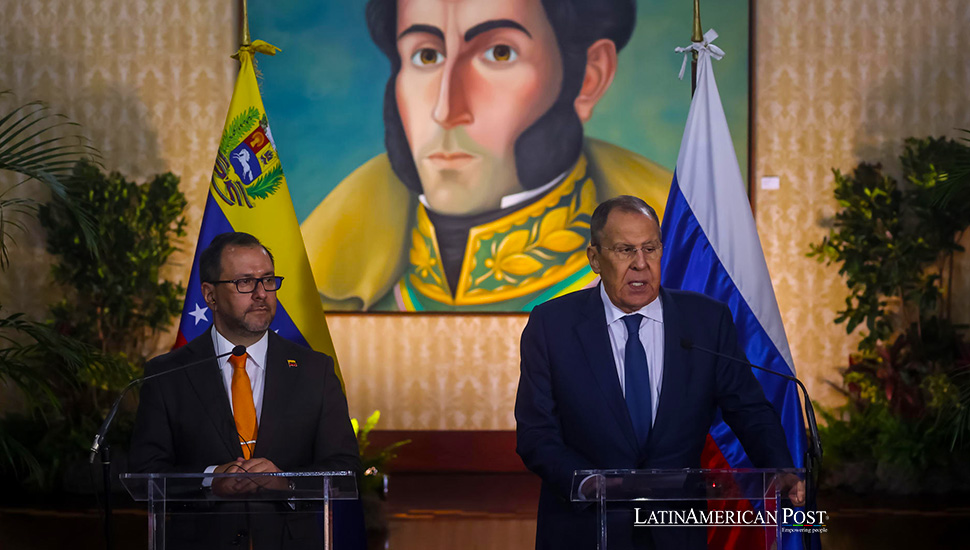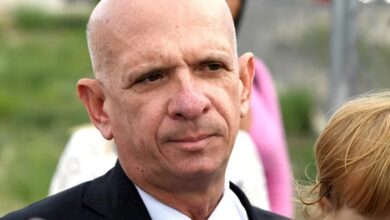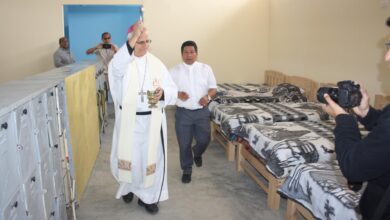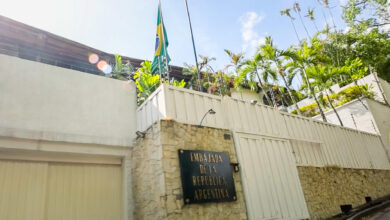Venezuela Plans Leap into Healthcare Sovereignty Planning New Insulin Factory with Russian Technology

In a groundbreaking move, Venezuela announces plans to establish an insulin factory using Russian technology, signaling a significant advancement in healthcare autonomy and bolstering Latin American-Russian relations.
Venezuela-Russia Healthcare Collaboration
Venezuela’s recent announcement to establish an insulin production facility with technology transferred from Russia marks a pivotal moment in its healthcare sector and international relations. This strategic collaboration was highlighted during a meeting in Caracas between Venezuelan Foreign Minister Yván Gil and his Russian counterpart, Serguéi Lavrov. This initiative underscores the deepening ties between Venezuela and Russia and casts a spotlight on the broader implications for healthcare autonomy and technology transfer in Latin America.
The planned insulin factory is a testament to the evolving partnership between Venezuela and Russia, extending beyond energy, economy, and military cooperation into crucial sectors like healthcare and technology. This move is particularly significant for Venezuela, a country that has faced challenges securing a stable supply of essential medicines due to economic sanctions and logistical hurdles. By localizing insulin production, Venezuela aims to ensure a more reliable and accessible supply of this life-saving medication for its diabetic population, addressing a critical public health issue.
This initiative is part of a broader trend in Latin America, where countries increasingly seek to reduce their dependency on foreign medical supplies and build more resilient healthcare systems. Nations like Cuba, Brazil, and Argentina have made notable strides in developing their pharmaceutical industries, focusing on biotechnology and vaccine production. The Venezuelan-Russian insulin factory project aligns with these efforts, showcasing a regional shift towards healthcare sovereignty and technological empowerment.
International Collaboration for Technological Empowerment
Moreover, the collaboration highlights the role of international partnerships in facilitating technology transfer and knowledge exchange, critical components for advancing healthcare infrastructure in the Global South. Russia’s involvement brings to Venezuela the technical expertise needed to produce insulin and the potential for further cooperation in pharmaceuticals and medical research. This partnership could serve as a blueprint for other Latin American countries looking to bolster their healthcare capabilities through international cooperation.
The discussions between Gil and Lavrov also touched on expanding sanitary agreements for exporting Venezuelan products to Russia, with Venezuela working to become a more significant player in the global agricultural and pharmaceutical markets. Additionally, the planned installation of a GLONASS navigation system base in Venezuela, akin to the GPS, symbolizes a leap in technological sovereignty, enhancing the country’s capabilities in satellite navigation and telecommunications.
The bilateral relations between Venezuela and Russia, characterized by Lavrov as “one of the closest and most trustworthy friends in Latin America and the world,” are strengthened through such multifaceted cooperation. With over 340 agreements signed to date covering various sectors, the insulin factory project is a highlight in a strategic partnership that spans energy, economy, finance, sports, culture, tourism, and agriculture.
Lavrov’s visit to Caracas, part of a broader Latin American tour that includes stops in Cuba and Brazil, underscores Russia’s interest in strengthening ties with the region. The frequent interactions between Venezuela and Russia, with plans for future meetings in Russia, reflect a mutual commitment to advancing cooperation across various areas.
Crucial Development Amid Economic Challenges
This development is crucial for Venezuela as it seeks to diversify its international partnerships and bolster its domestic industries amid ongoing economic challenges. The insulin factory, expected to impact the nation’s healthcare landscape significantly, is a step towards greater health security and independence, reducing the country’s vulnerability to external supply chain disruptions.
Also read: Potential Renewal of U.S. Sanctions Threaten Venezuela’s Oil Sector and Economic Recovery
As Latin America continues to navigate the complexities of global geopolitics and public health challenges, Venezuela’s initiative to establish an insulin factory with Russian technology stands as a beacon of progress toward healthcare autonomy and technological advancement. This project signifies a deepening of Venezuelan-Russian relations. It contributes to a broader movement within Latin America towards self-sufficiency in critical sectors, ultimately enhancing the region’s resilience and capacity for innovation.





